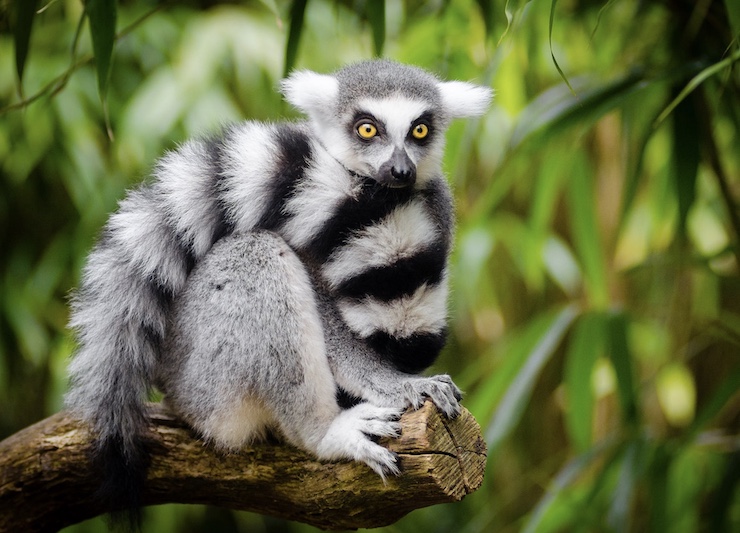Using Drones to Help Endangered Species

As a young boy, Gerald Durrell dreamt of becoming an animal collector with his own zoo. By 1959, when Gerald was only 34 years old, his vision came to fruition with the establishment of the Jersey Zoo on the English Channel. Through his work at the zoo, various television programs, and books, Gerald helped shape how zoos around the world save animals from extinction with breeding programs. Though Gerald passed away in 1995, his legacy lives on through the Jersey Zoo and the Durrell Wildlife Conservation Trust (DWCT).
The world may be more aware of animal conservation needs today than they were when the trust was founded in 1963, but there are still so many animals in need of saving. One of the biggest advantages that wildlife conservationists have now is the technology that allows them to protect endangered species. In 2019, a collaboration between DWCT and researchers from the Liverpool John Moores University traveled to Lake Alaotra, the largest lake in Madagascar, with a single small drone. Their goal was to see how applicable the drone was in studying Lac Alaotra bamboo lemurs that have been categorized as a critically endangered species.
The drone being used by the team was equipped with a thermal camera. With this technology, the conservationists hoped to track lemur behaviors and identify poachers or those posing a threat to the animal’s habitat. As the lemurs live in dense marshes that are difficult for researchers to access without compromising data, drones are ideal tools. The drone was able to cover wide areas to collect data. The infrared camera easily showed the heat signature of lemurs for the team to get an accurate population count.
In a release on the experiment the DWTC website states, “In a single 20-minute flight, the drone was able to cover a greater area of the marsh than a canoe team could cover in two days, hugely increasing the efficiency of the surveys.” With the success of the trial, DWCT realized that using drones could greatly aid in the conservation of animals and their natural habitats. The trial was so successful that DWCT received a substantial grant from the United Kingdom Research Innovation to further the project.
With the newfound funds, DWCT purchased a small fleet of drones from a company that specializes in aerial surveying and securities, Plymouth Rock Technologies, based out of Vancouver, Canada. Since 2011, Plymouth Rock has been developing technologies used by the military, border, and law enforcement agencies. It didn’t take long for the engineers at Plymouth to realize that drones would be pivotal in providing security to their customers. They built custom drones and software that could be tailored to the niche needs of their clients.
“Plymouth Rock Technologies never envisioned being part of a conservation program, but they are honored to have entered a partnership with Durrell”said Carl Cagliarini, Chief Strategy Officer of Plymouth Rock Technologies. “AI being used to assist in endangered species conservation is a tremendously important technology application,” Cagliarini said. Plymouth Rock will continue to enhance its technologies to benefit conservation needs. The team from Durrell is already planning ways to use the drones in other regions of Madagascar. With the help of drones, DWCT believes that Gerald’s vision to protect animals from extinction can be achieved.
|